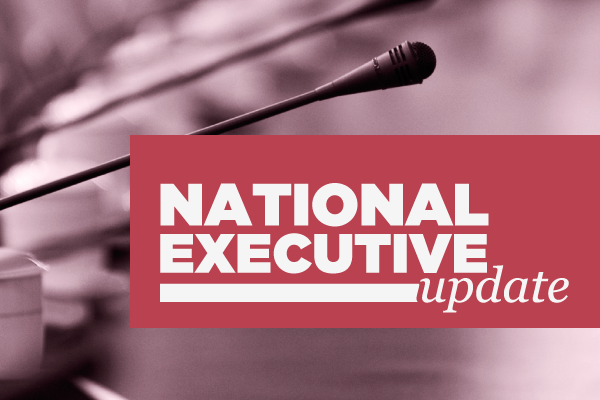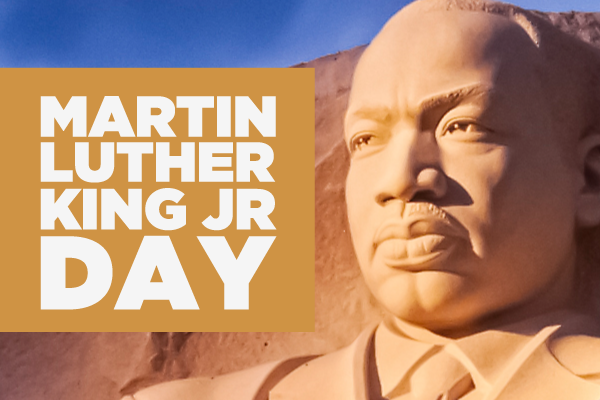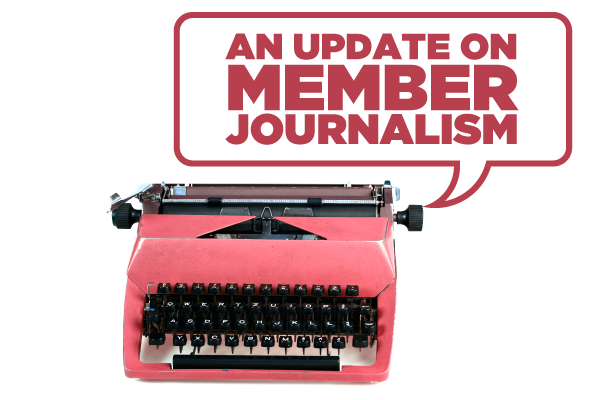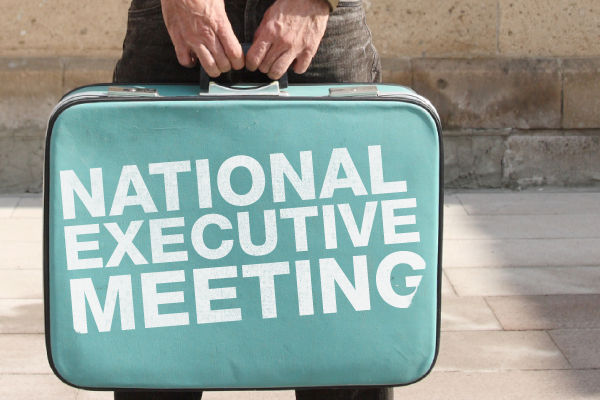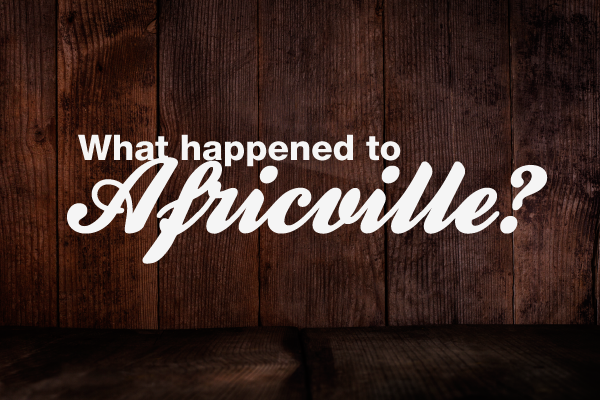
A piece by Céline Ahodekon
I knew nothing about the black community of Africville until Ben René, the UNE communication officer, recently asked me to write an article on Africville. I was shocked to find out that not long ago, some very basic human rights were denied to the people of that community.
Now, close your eyes with me and imagine for a moment: the house you are living in right now is being bulldozed because someone decided that your living conditions do not meet their standards. And, to add insult to injury, your land is taken away from you.
How do you feel?
That’s exactly what happened to Halifax’s oldest and largest black community of Africville, which was established hundreds years ago.
Even though, the black community of Africville was left to suffer with no basic services, such as clean water, paved roads, and electricity, they managed well on their own – that is, until the Halifax city council declared the community a slum and dump trucks roared into Africville to evict its residents. The people of Africville were quite literally moved to their new homes on the back of dump trucks.1
One man returned home from the hospital only to find out there was no home for him to return to.2
The community was destroyed. Ironically, some residents weren’t forcedly moved to a better area, but into “derelict housing or rented public housing.”3 Why was that? Shouldn’t governments always try to change things for the better?
In this case, the people of Africville went from bad living conditions to worse ones….
In my opinion, it doesn’t matter what people think or say; home is where your memories are. Africville was home for these people. Yes, it might have been one of the worst slums in the country, but was still home to its residents.
As one former resident put it: “We lost more than a roof over our heads: the black community of Africville lost their happiness, their culture, their identity and, therefore, their soul”.4
“Africville didn’t have an organization to fight for Africville people,” said one the participants in a documentary.5 Again, brothers and sisters, this episode reminds me that to win a fight, we need to stand together to show that injury to one is injury to all.
Together we are strong!
What was the real reason behind the destruction of the black community of Africville in Halifax, NS and the relocation of its residents? We will never know for sure. However, many things have changed since then; the former site of Africville is now a park. The black community that was evicted, however, is still grappling with the impact of the homes they lost.
Brothers and Sisters, February is Black History Month; let’s take the opportunity to read and learn more about the history of black people in Canada, their stories and their achievements.
Céline Ahodekon is the Union of National Employees’ national equity representative for racially-visible people. She is also a chief steward for Local 20278, which represents members at Fort Langley National Historic Park and the Vancouver Parks office, in British Columbia.
At Fort Langley, Ahodekon says she’s often asked if she’s a historian, to which she laughs and replies, “I am a business woman, I got my degree in business administration with concentration in marketing-sales from Laval University. I can sell anything I believe in and trust.”
“I believe in protecting and presenting Canada’s rich and beautiful natural and cultural heritage for Canadians’ enjoyment, today and for the years to come.”
If you’d like to find out more about Africville, Sister Ahodekon suggests watching “Remember Africville,” a 35-minute film by Shelagh Mackenzie, which can be viewed on the National Film Board’s website. We also encourage you to consult the links in the footnotes.
[1] The Canadian Encyclopedia, Africville.
[2] Idem
[3] Idem
[4] CBC Digital Archives, Officials hail Africville relocation.
[5] Idem


